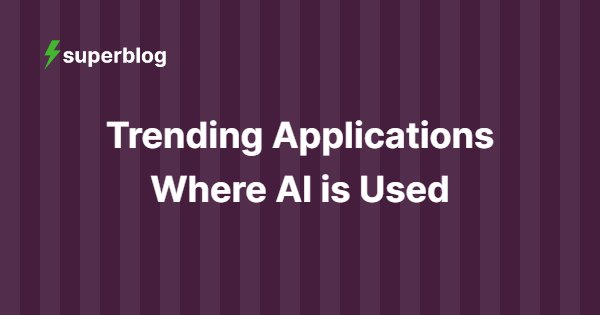OpenAI’s recent announcement that it is making the ChatGPT-powered Internet search feature available to all users marks a significant turning point in the landscape of online information retrieval. As the tech firm has integrated web search capabilities into ChatGPT, industry watchers are eager to understand the implications this development may have on traditional search engines, particularly Google. Today, we’ll explore the new feature, its capabilities, and the potential ramifications on the search engine market and user experience.
ChatGPT’s Enhanced Search Capabilities: A New Era
In late October 2024, OpenAI expanded the functionalities of its generative AI chatbot, ChatGPT, by incorporating search engine capabilities. Initially, this feature was accessible exclusively to paying subscribers, but as of December 2024, it has been rolled out to a much broader audience. Users can now expect “fast, timely answers” along with relevant links to various web sources—an ability that enhances the chatbot’s responses beyond its previous limitations.
Understanding the New Feature
The integration of search directly into ChatGPT represents a pivotal enhancement. Here’s what users can anticipate:
- Real-Time Information: Users can now receive updated information from across the web, something traditional AI chatbots struggled with due to fixed data cutoffs.
- User-Friendly Interface: OpenAI has designed the user interface to resemble that of traditional search results, like Google, but without the overwhelming clutter of advertisements.
- Conversational Search Results: With features akin to other AI-driven platforms such as Perplexity, ChatGPT is equipped to provide a more conversationally engaging search experience, including citations for the data utilized in its responses.
- Simplification of Online Research: The integration simplifies the process of finding information without needing to navigate multiple tabs or sources—a common detour in conventional search practices.
The Potential Impact on Google’s Market Dominance
With over 90% of the search engine market share, Google’s dominance is remarkable. However, the launch of ChatGPT’s search capabilities poses a formidable challenge to this long-standing leader due to several reasons:
- Shift in User Expectations: Users might start to prefer AI-driven conversational responses, moving away from text-heavy search results. ChatGPT’s ability to provide succinct, contextual information could cater to a growing demographic seeking more intuitive interactions.
- Generative AI Growth: As generative AI continues to evolve, tools like ChatGPT that can understand nuanced queries and provide tailored responses could attract users who value personalized and enriching digital experiences.
- Strategic Partnerships: OpenAI is closely linked to Microsoft, the developer of the Bing search engine, which could leverage ChatGPT’s capabilities, further intensifying the competitive landscape.
Industry Expert Insights
Kevin Weil, OpenAI’s chief product officer, emphasizes that this search capability will significantly enhance the ChatGPT experience. During a YouTube announcement, he mentioned, “We’re bringing search to all logged-in free users of ChatGPT… it’ll be available globally on every platform where you use ChatGPT.” Such direct accessibility could enhance user engagement on platforms already utilizing AI.
According to AI research experts, this integration signifies a transition toward a new paradigm in information retrieval, where AI assistants can not only curate but also understand complex user queries while seamlessly providing relevant sources.
Addressing Users’ Concerns
Despite the excitement surrounding this new feature, there are valid concerns regarding data privacy and the reliability of outputs. Users expressing skepticism about AI biases or the credibility of sources highlight the necessity for transparency in AI operations.
- Managing Misinformation: As with any platform that mines information from the vast web, there exists a risk of perpetuating misinformation. Users must remain vigilant in cross-referencing facts.
- Data Privacy: Concerns regarding data use and user privacy in AI interactions persist; OpenAI must prioritize building trust through robust privacy policies.
Conclusion: The Future of Online Search
OpenAI’s decision to open search capabilities to all ChatGPT users exemplifies a monumental stride in the AI landscape. As we leave behind traditional search engines, the rise of conversational AIs might usher in a more personalized and efficient way to interact with information.
While Google’s hold on the market might not disintegrate overnight, the introduction of innovative tools like ChatGPT will undoubtedly compel it and other traditional search engines to evolve and adapt. As developments in AI technology continue to unfold, users can prepare themselves for an enriching, more user-centered experience in their pursuit of answers online.

